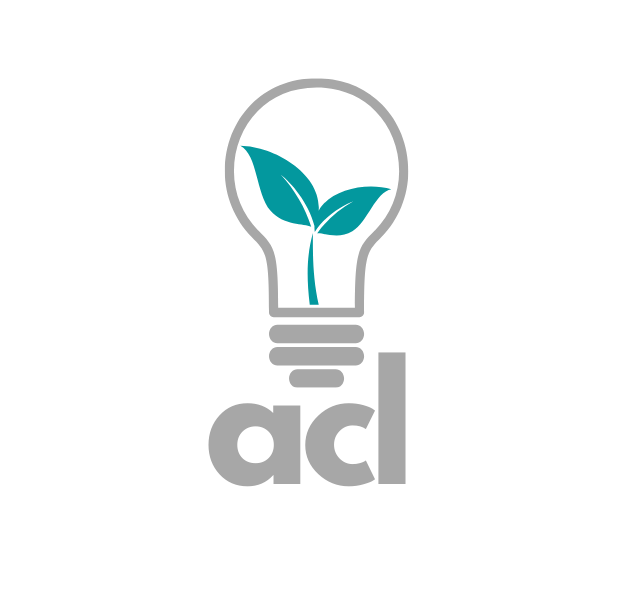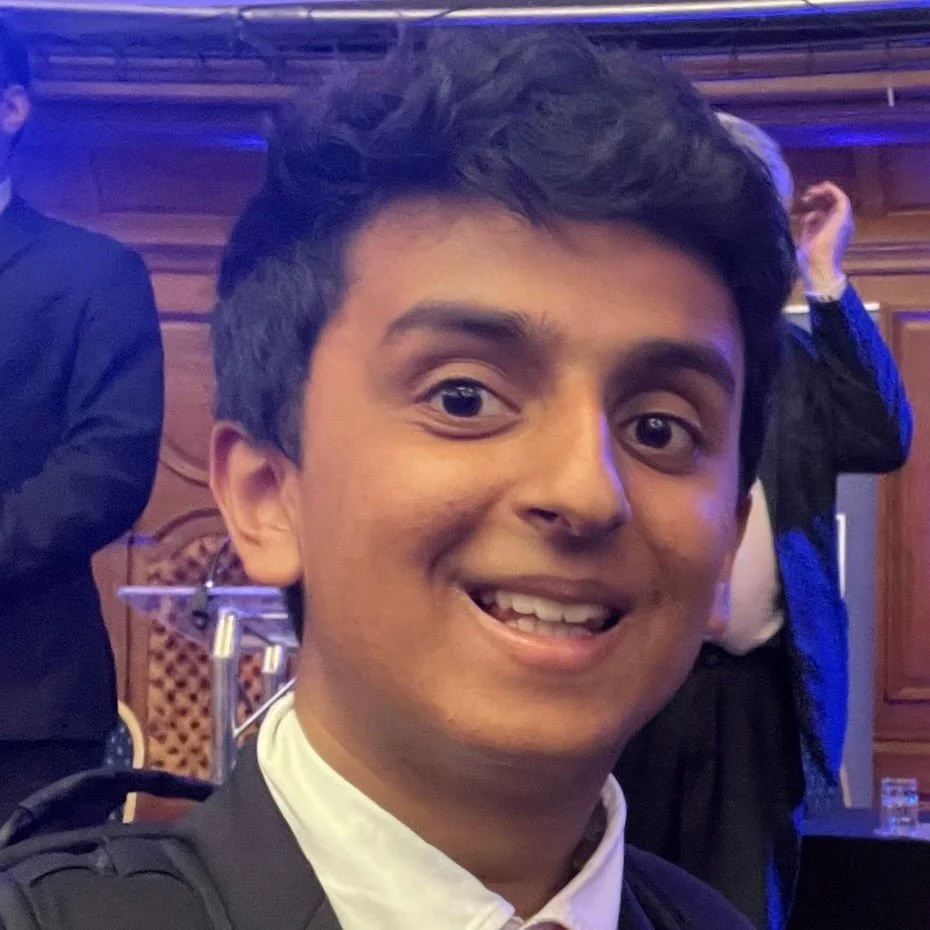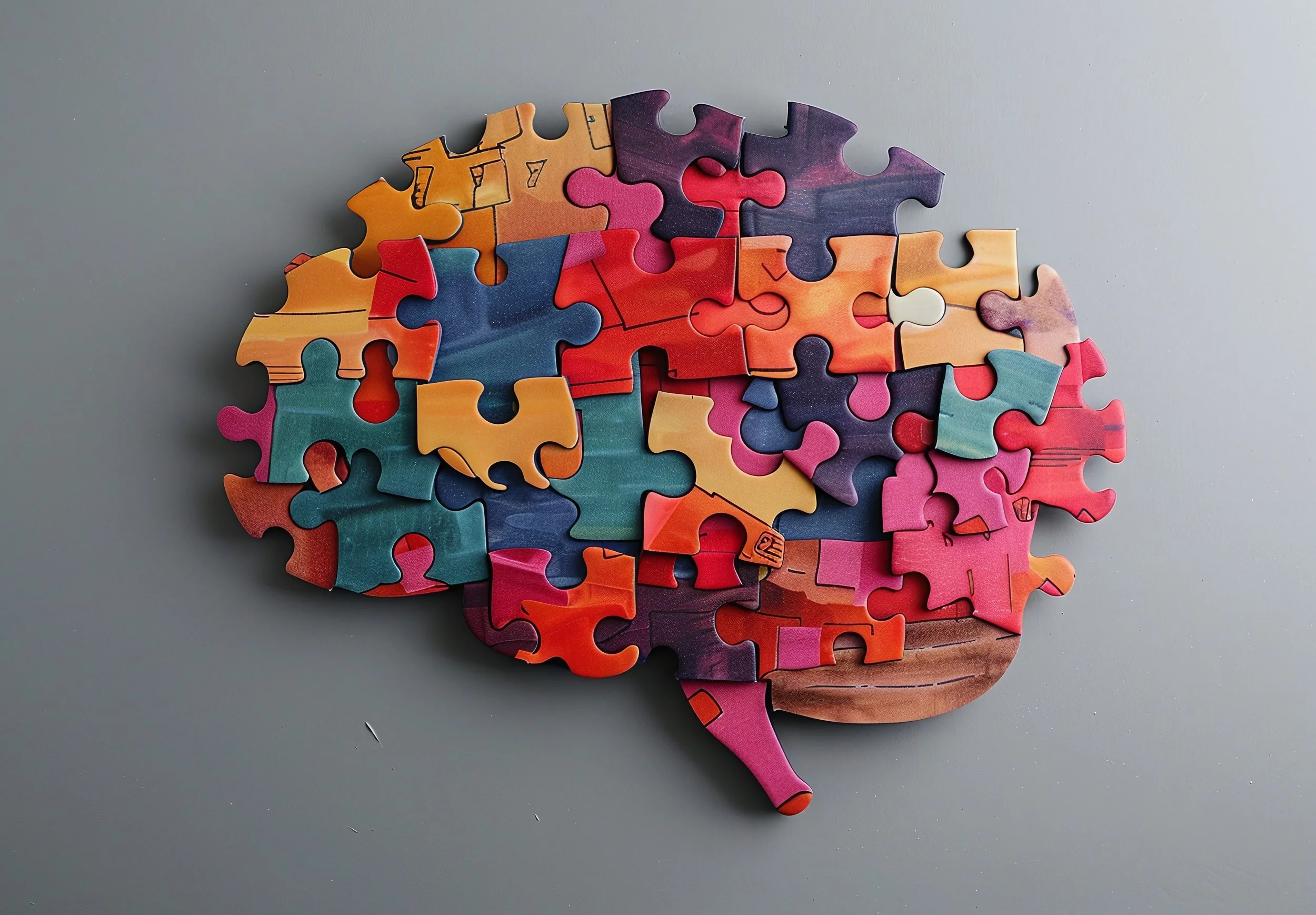My hopes for disability in the workplace
This blog comes from a guest writer Jai Mirpuri.
Jai is from Wren Academy, is 17 years old and is in sixth form studying Politics, History & Economics A levels. He's incredibly passionate about politics, with ambitions to enter the house himself one day (which I can totally see happening!).
He was due to do a work experience placement in the Houses of Parliament this week, but unfortunately it got cancelled - probably due to an influx of new MP's - so instead I get to show him the ropes of running a small business and the world of DEI. As part of his placement, he agreed to write this blog. So over to you, Jai!
Hi, I am Jai, I am extremely grateful to have been given the opportunity to write this article. I was diagnosed with autism in my early teen years. School has always been a bit different for me, I have grasped certain things faster whilst other things have taken me a little bit longer to understand. However, I feel that my experience in school has been enhanced by being autistic: I have high levels of structure and time management which allows me to work efficiently. However, unless it’s a topic of genuine interest I can at times struggle to focus for long periods of time.
Being neurodivergent as a whole is being seen more and more as an asset rather than a liability.
I want to explain what being neurodivergent is. It’s when someone’s brain is wired slightly differently to that of a neurotypical person. For a lot of people (such as myself), it does not significantly hinder day to day life, however for some it may. For those with significant impact, it can be considered a hidden disability.
The reason why some people are neurodivergent is unknown, however, it has been suggested that it may occur during pregnancy or early infancy. Thankfully, a lot has been done in recent times to raise awareness of neurodiversity and I believe this will help ensure far better inclusion in the workplace moving forward. Initiatives such as Disability Pride Month (which happens every July) do a great deal to shine the light on conditions such as neurodiversity and other disabilities.
Currently 1 in 5 people in the UK is disabled, with 80% of these being hidden disabilities.
As a teenager, the fact that the world as a whole is becoming more and more accepting and considerate of people with disabilities fills me with hope for my career. This can be seen with all new train stations on lines like the Elizabeth Line being step free to help those less physically abled or the creation of the sunflower lanyard which can be used by people with a hidden disability to raise awareness of their needs.
In the future I hope that more people with disabilities will enter the workplace. However for this to happen there needs to be structural change in the education and work experience people with disabilities have. Currently people with a disability between the ages of 16 to 64 are 30% less likely to have a job. Furthermore, less than 25% of people with a disability have a higher education qualification. These are disturbing figures which suggest that more has to be done to ensure an equal playing field.
I personally feel that the amount of people able to work with a disability would increase with greater education for the needs of people, especially those with hidden disabilities. This could be something as small as ensuring every computer in a workplace has the tools to assist employees with dyslexia (these tools aid a person’s ability to use a computer such as tools to modify the font and make it easier to read), or potentially having a quiet room for anyone to use which would give people a moment of silence and help people who have become overstimulated by their environment.
Small steps like these can help increase the confidence of people with a disability and help them thrive in their jobs. Companies can also help make the workplace more inclusive for people with hidden disabilities by creating a safe space where people can feel heard. This could be meetings where senior leaders remind people of the support available and talk about their own experiences to create an open environment which sees people able to discuss their own challenges and needs.
As I head of to university next year, I am optimistic about the changes that will be taking place and what the future will look like when I enter the workplace when I enter it in 2029.




